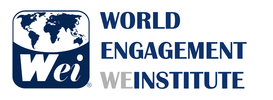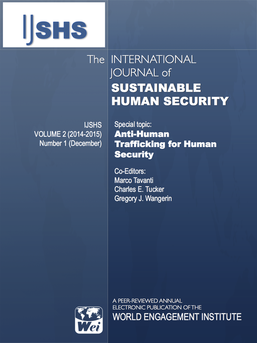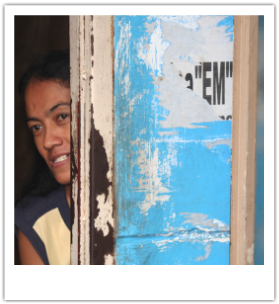|
Tavanti, Marco, Charles E. Tucker, Gregory J. Wangerin (Eds). Anti-Human Trafficking for Human Security. International Journal of Sustainable Human Security (IJSHS). Volume 2, Year 2014-2015, Number 1.
Published online on December 30, 2015 ISSN 2311-5920 (electronic version) Key title: International Journal of Sustainable Human Security Abbreviated key title: Int. j. sustain. hum. secur. Online access: www.weinstitute.org/ijshs contentS
INTRODUCTION "Anti-Human Trafficking is at the core of Human Security: An introduction to the International Journal of Sustainable Human Security Issue on Anti-Human Trafficking." - Marco Tavanti, Charles E. Tucker and Gregory J. Wangerin ARTICLES "A Sustainable Human Security Framework and Human Rights Based Approach for Combating Human Trafficking." Marco Tavanti "Rethinking Trafficking in Human Beings - Towards International Coalition of Academics Against Trafficking in Human Beings (Trace)." - Davor Derencinovic "Overseas Contract Labor, Remittance Economies and the Hazards of Human Trafficking: the Philippine Case." - Lila Ramos Shahani "Education and training for Anti-Human Trafficking and Sustainable Human Security: An International, Critical, and Pedagogical Overview" - Elizabeth A. Wilp & Marco Tavanti "Capacity Development for Sustainable Human Security Solutions Combating Human Trafficking: Government and cross-sector institutional approaches." - Marco Tavanti & Daniele Capone "Cebu's 'Glocal' Challenge: How Non-state Actors can Better Assure the Rights of Child Victims of Sex Trafficking in the Philippines." - Archill Niña F. Capistrano "Partnership and the 3Ps of Human Trafficking: How Multi-Sector Collaboration Contributes to Effective Anti-Trafficking Measures." - Kelly Ann Yeo-Oxenham & Dylan Rose Schneider "Combating Human Trafficking Through Increased Awareness." - Zane Jacobs "An Examination of Trafficking Loopholes in International Adoption: Recommendations for Trafficking Avoidance." - Risa Harrison RESOURCES "Essential Readings on Anti-Human Trafficking: An Annotated Bibliography." Marco Tavanti & Kelly Ann Yeo-Oxenham Anti-Human Trafficking Training Manual and Resource Page of the Combating Trafficking in Persons (CTIP) certificate program of the World Engagement Institute - Marco Tavanti, Elizabeth A. Wilp and Alyssa Rickman. United Nations Convention Against Translational Organized crime and the Protocol Thereto - UNODC 2004 Trafficking in Persons Report (TIP) - US-DOS People Trafficking, Human Security and Development - Development Bulletin 2004 |
anti-HUMAN TRAFFICKING for human security
|
ABOUT WEIThe World Engagement Institute (WEI) is a Chicago based international nongovernmental organization (INGO) registered as a tax-exempt 501(c)(3) non-profit corporation in the State of Illinois, USA. The mission of the Institute is to connect international development professionals with universities, academics and international organizations. Through its academically centered and multidisciplinary approach, WEI provides capacity development for transitional justice, gender equality and human security.
ENGAGE WEI |
MENUDONATE NOWWEI is a tax exempt organization (EIN # 45-2380776), and your contribution is tax-deductible as allowed by law. Please contact WEI if you need additional documentation. Thank you for supporting our mission and programs for international capacity development.
|
Copyright © 2011-2018 World Engagement Institute (WEI) - All rights reserved





